Education: Women’s and Gender Studies
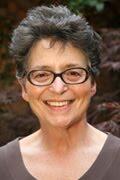
Barbara Dobkin
Barbara Berman Dobkin is the pre-eminent Jewish feminist philanthropist of the end of the twentieth and beginning of the twenty-first century. Her vision, dedication, and philanthropic generosity have transformed the landscape of Jewish women’s organizations and funding in both North America and Israel.
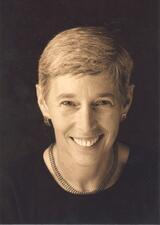
Sue Levi Elwell
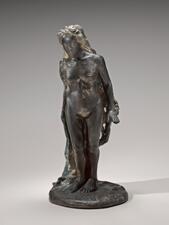
Eve: Bible
The first woman, according to the biblical creation story in Genesis 2–3, Eve is perhaps the best-known female figure in the Hebrew Bible, although she never appears after the opening chapters of Genesis. Most of the negative traits associated with her, including sin, seduction, and subservience, are part of Jewish and Christian post-biblical interpretations and are not present in the Bible itself. A close look at the Eve narrative in its ancient Israelite context shows Eve to be a partner with Adam as they begin their agrarian life outside of Eden.
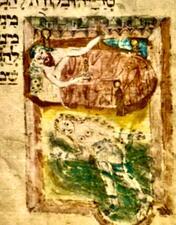
German-Jewish Pietists: Attitudes towards Women
Despite their small numbers, the introspective and penitential religious outlook of the German-Jewish Piestists had a significant and lasting impact on European Jewry. Written by men and intended for a male audience, the Pietists’ writings heighten the profound ambivalence toward women that is inherent in the rabbinic tradition
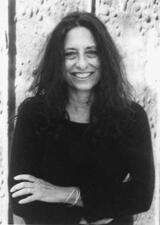
Carol Gilligan
The pioneering work of American psychologist Carol Gilligan changed the way the field of psychology studied women and, arguably, the way society views women. Challenging mainstream psychology through her interrogation of the accepted benchmarks of moral and personal development, she proposed that women and men have different moral criteria and follow different paths in maturation.
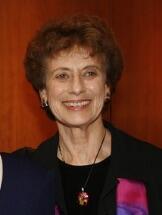
Penina Migdal Glazer
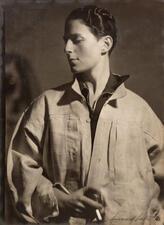
Gluck (b. Hannah Gluckstein)
A self-proclaimed individualist, Gluck painted outside abstract contemporary trends. Instead, Gluck naturalistically painted subjects reflecting her personal life and social circle, making her a unique character in the modern British art scene. Gluck was also proud of her queer, androgynous identity, which she infused into her artwork.
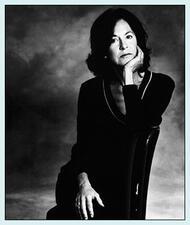
Louise Glück
Louise Glück, American poet, essayist, and educator, was the recipient of the 2020 Nobel Prize in Literature, as well as numerous other awards for her writing; she also served as poet laureate of the United States from 2003 to 2004. One finds the personal, the mythological, and the Biblical woven intricately throughout Glück’s oeuvre.
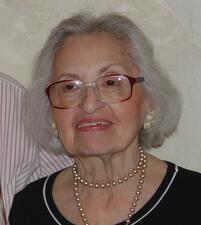
Doris Bauman Gold
Doris Bauman Gold was motivated by her long participation in Jewish organizational life to found Biblio Press, dedicated to educating Jewish women about their own history and accomplishments. Through Biblio Press, Gold published more than 27 general audience books that address and illuminate the culture, history, experiences, and spiritual yearnings of Jewish women.
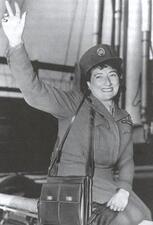
Ruth Gruber
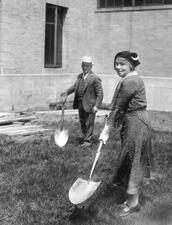
Hadassah in the United States
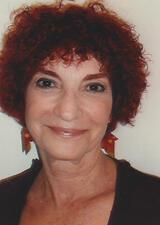
Hanna Herzog
Professor Hanna Herzog is a key advocate for feminism in Israel. Herzog combines academic achievement and social activism, emphasizing the importance of listening to diverse voices and critically examining marginalized people. Her journey into sociology was influenced by her own experiences of marginalization, starting from her time at Reali High School in Haifa, which ultimately led to her interest in research and the pursuit of knowledge.
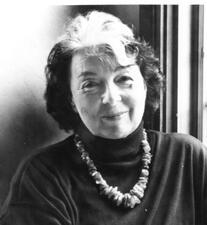
Florence Howe
“The chief editor, fund raiser, cheerleader and occasional staff photographer” is the way the Chronicle of Higher Education described Florence Howe’s work at the Feminist Press. She made the publishing company her life’s work, and her contributions to the field of women’s studies as scholar, editor, and publisher are unparalleled.
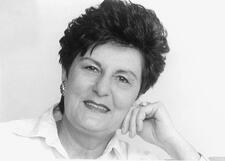
Dafna Nundi Izraeli
Feminist sociologist and peace activist Dafna Nundi Izraeli spent her life dedicated to women's studies, a field of inquiry previously largely unrecognized and trivialized by Israeli academia. She was among the first researchers in Israel to point out the connection between the gender power structures in the Israel Defense Force and in Israeli civilian society. Through her academic and political leadership roles, she worked tirelessly for the advancement of feminist values and scholarship.
Jewish Women in the New Testament
The New Testament describes Jewish women’s social roles in the late Second Temple period: in the home, in business ventures (especially textiles), in synagogues and the Temple, serving as patrons of the early Jesus movement, and as suffering from and being healed of various ailments. Despite the variety of examples of women’s agency, many Christian interpreters paint an historically inaccurate picture of a misogynistic culture in order to show Jesus, Paul, and their early movement as progressive on women’s issues.

Jewish Women's Archive
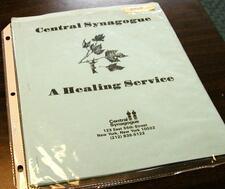
JWRC: Eleanor Leff Jewish Women's Resource Center
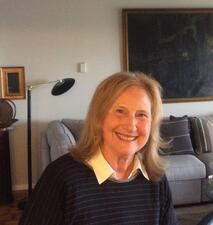
Debra Renee Kaufman
Debra R. Kaufman has been a central voice in sociology, feminist studies, and Jewish Studies for over four decades. Her scholarship has spanned topics such as the role of women in Orthodox Judaism, post-Holocaust Jewish identity narratives, and contemporary American Jewish identity.
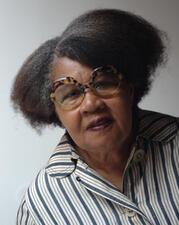
Jamaica Kincaid
Born Elaine Cynthia Potter Richardson, Jamaica Kincaid is a Jewish Afro-Caribbean author. She was sent to the United States from her birthplace in Antigua at the age of sixteen and became a writer while living in the United States.
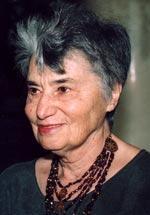
Ruth Klüger
A Holocaust survivor from Vienna (1931-2020), Ruth Klüger emigrated to the United States in 1947 and pursued a career in academia. Her German-language autobiography weiter leben: Eine Jugend (1992) revealed her personal experience of the Holocaust to the public, establishing her as one of the leading public intellectuals on the Holocaust in Austria and Germany.
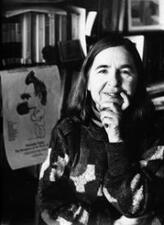
Sarah Kofman
Sarah Kofman was a French Jewish philosopher and professor who published many books on Freud, Nietzsche, Rousseau, and more.
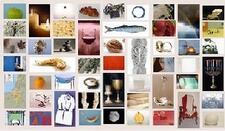
Kolot: Center for Jewish Women's and Gender Studies
Kolot, the first Center for Jewish Women’s and Gender Studies established at a rabbinical school, was founded in 1996 to bring the insights of Jewish feminist scholarship to the training of rabbis, both in a revised curriculum and through innovative projects. Among these projects, Kolot developed ritualwell.org, a widely used feminist website of new Jewish rituals and liturgy, and a program to enhance self-esteem in teenaged girls, Rosh Hodesh: It’s a Girl Thing!
Rabbi Abraham Isaac Kook
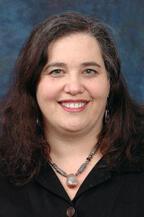
Lori Lefkovitz
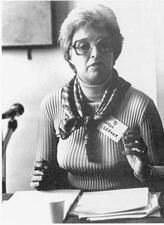
Gerda Lerner
Entering the field of United States history in 1966, Gerda Lerner blazed a new professional path that led to the establishment of the field of women’s history. Lerner’s force and commitment made her impervious to the ridicule with which the male-dominated profession initially responded to the notion of women’s history.


